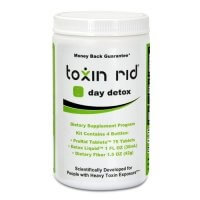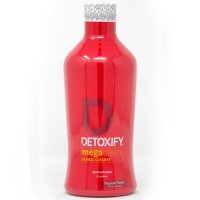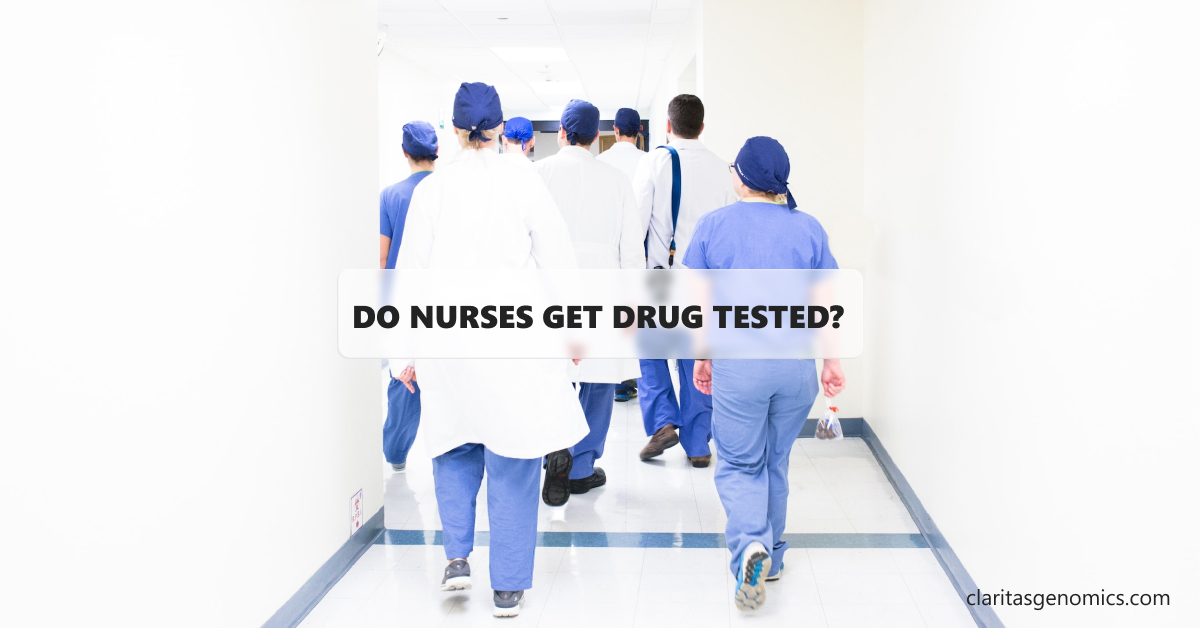In the healthcare and hospital industries, drug testing is a critical practice that addresses concerns about compliance and patient safety. Healthcare professionals, including nurses, play vital roles in providing high-quality care. One common question often asked is, “Do nurses get drug tested?” This article will examine the subject of drug testing within healthcare environments, investigating the regularity of drug screenings for nurses, the consequences of the doctors drug testing law in 2023, and the significance of maintaining a drug-free environment for the well-being of both employees and patients.
What Drug Tests Employers Apply in the Healthcare and Hospital Industry?
Employment drug screening is a critical aspect of ensuring a safe and drug-free work environment in healthcare. It aids in identifying individuals who might present a concern because of substance misuse. By establishing thorough drug screening procedures, healthcare institutions can safeguard the welfare of their staff and the patients under their care. Employers in the healthcare and hospital sectors employ different types of drug tests to evaluate the presence of drugs and substances in employees. Toxin Rid is a popular brand of THC detox products that some individuals turn to in preparation for employment drug screening, as they aim to eliminate traces of THC and other substances from their system, thereby increasing their chances of passing these tests.
 |
Our #1 Choice
Toxin Rid |
|
|
 |
Mega Clean + PreCleanse Pills |
|
The commonly utilized drug tests comprise:
- Urine Drug Test: This is the most common drug test for employment in healthcare settings. It detects the presence of various substances, including drugs such as opioids, amphetamines, cannabinoids, cocaine, and benzodiazepines. Urine drug tests are cost-effective and provide reliable results.
- Saliva Drug Test: Saliva tests are becoming increasingly popular due to their convenience and non-invasive nature. They can detect recent drug use and are particularly useful for on-site testing or random screenings.
- Hair Follicle Drug Test: Hair follicle tests have a longer detection window, typically up to 90 days. They provide a historical record of drug use and are often used in pre-employment screenings or for positions that require a high level of responsibility.
What Drug Testing Services Work Best in Healthcare and Hospitals?
The urine drug test is widely used as the primary method of hospital employee drug testing. It offers cost-effectiveness, and non-invasiveness, and delivers accurate results within a reasonable timeframe.
Employers mostly choose 5-panel testing. It targets specific substances such as:
- marijuana
- cocaine
- amphetamines
- opiates
- benzodiazepines
However, employers have the flexibility to use the panels based on their specific needs and the unique demands of the healthcare sector.
Drug tests are administered in healthcare and hospitals across different scenarios, which include:
- Pre-employment Screening: Before hiring healthcare professionals, employers may mandate drug tests to guarantee a workforce free from drug-related concerns and reduce potential risks.
- Random Testing: Conducting random drug tests serves as an efficient measure to deter drug use and uphold a safe environment for both employees and patients. Employees are selected randomly for testing at any given time.
- Post-Accidental Screening: Following an accident or incident, drug tests determine if drug use played a role in the event and help to assess the employee’s fitness for duty.

Why is Drug Testing Important for Doctors: Drug Testing Law in 2023
Drug testing is crucial for doctors due to the following reasons:
- Patient Safety: Doctors play a critical role in patient care, and any impairment caused by drug use can jeopardize the well-being of patients.
- Professional Integrity: Drug testing upholds the professional standards and integrity of the medical field, ensuring that doctors practice medicine ethically and responsibly.
- Substance Abuse Detection and Intervention: The possibility of random drug tests at doctors’ offices increases the likelihood of detecting substance abuse problems early on, allowing for timely intervention, support, and access to necessary treatment.
- Compliance with Regulations: The evolving drug testing laws and regulations in 2023 require doctors to stay informed and comply with the legal requirements specific to their jurisdiction.
What Are the Healthcare Employees’ Rights?
Certain rights and protections are in place for healthcare workers, which hold significance in the context of drug testing. Being well-informed about these documents can empower healthcare workers to assert their rights in drug testing scenarios and maintain a fair and supportive work environment. Familiarity with the following documents can be highly advantageous for medical personnel:
- Title VII of the Civil Rights Act of 1964 (Title VII): Title VII outlaws employment discrimination on the basis of race, color, religion, gender, or national origin, as well as unfair treatment in drug testing procedures.
- The Americans with Disabilities Act (ADA): The ADA prohibits discrimination against individuals with disabilities and mandates reasonable accommodations in the workplace. Drug testing should be conducted in compliance with ADA guidelines.
- Occupational Safety and Health Administration (OSHA): OSHA develops workplace safety laws, such as drug-free workplace policies and procedures. It ensures that drug testing procedures adhere to safety standards.
- Health Insurance Portability and Accountability Act (HIPAA): HIPAA protects the privacy and security of patient’s medical information. It assures that drug testing processes are kept confidential and respect employees’ privacy rights.
How Long Does the Procedure Take and How Long Will It Take to Get My Lab Test Results?
The duration of the drug testing procedure can vary depending on the type of test conducted and the testing facility’s practices. Typically, urine and blood tests can be completed within a few minutes. Hair tests may require a longer collection process.
Procedure Duration
| Urine Test | 5-10 minutes |
| Blood Test | 5-15 minutes |
| Hair Test | 20-30 minutes |
Regarding lab test results, the turnaround time can range from a few days to a week, depending on the testing facility’s workload and the specific substances being tested.
Lab Test Result Turnaround Time
| Drug Testing Method | Turnaround Time |
| Urine Test | 1-5 business days |
| Blood Test | 1-5 business days |
| Hair Test | 4-10 business days |
Practical Advice on How to Pass the Drug Test
To ensure a negative drug test result, consider the following practical tips:
- Hydration: Drink plenty of water leading up to the test to help flush out your system, but avoid excessive water intake just before the test, as it may dilute the sample.
- Avoid Substances: Refrain from using any substances, including prescription drugs, that can potentially interfere with the test results.
- Diet Considerations: Avoid consuming foods or beverages that may lead to false-positive results, such as poppy seeds or certain herbal teas.
- Exercise: Engage in regular exercise, as it can help metabolize drugs faster and promote overall well-being.
- Follow Instructions: Adhere to the instructions provided by the testing facility, including any specific guidelines on fasting or abstaining from certain activities.
- Detox Products: Consider detox products like Toxin Rid or Detoxify Mega Clean, which claim to aid in the elimination of toxins from the body. However, research the effectiveness and safety of such products before use.
- Consult Professionals: If you have concerns or questions about passing a drug test, consult with healthcare professionals or legal experts who can provide guidance based on your specific situation.
Remember, it’s important to prioritize your health and well-being above all else. If you have a legitimate medical condition or require medication, ensure that you communicate this to the testing facility or your employer as appropriate.
Frequently Asked Questions about Drug Testing in the Healthcare Industry
Do employers care about weed in a drug test?
Yes, many employers, including those in the healthcare industry, consider marijuana in their drug testing protocols.
What type of drug test do hospitals use for employment?
Hospitals commonly use urine drug tests for employment purposes.
How do you know if you passed a pre-employment drug test?
Typically, you will receive communication from the employer if you have passed the pre-employment drug test.
How to find out if a company drug test?
You can review the company’s employment policies or ask the human resources department to determine if they conduct drug tests.
How often do hospitals drug test employees?
The frequency of drug testing in hospitals varies depending on the hospital’s policies, industry regulations, and job responsibilities. It’s recommended to check the hospital drug testing policy for accurate information.
Conclusion
Drug testing plays a vital role in maintaining a safe and drug-free environment in the healthcare and hospital industries. By understanding the types of drug tests used, the importance of drug testing for doctors, employee rights, testing procedures, and practical tips to ensure a negative test result, healthcare professionals can navigate drug testing processes with confidence while upholding the highest standards of patient care and safety.


